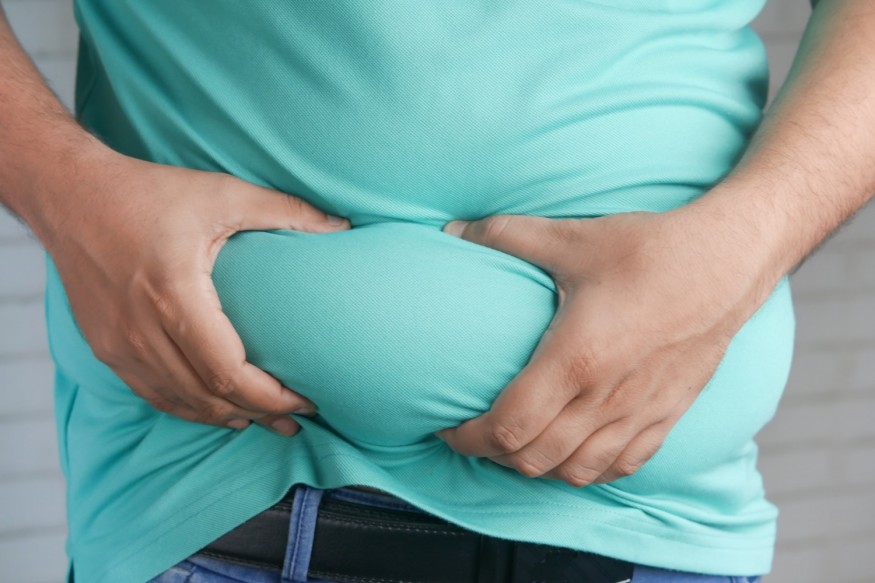People with high cholesterol are often prescribed by their healthcare providers with statins. This group of drugs includes pitavastatin (Livalo), simvastatin (Zocor), atorvastatin (Lipitor), rosuvastatin (Crestor), fluvastatin (Lescol XL), pravastatin, and lovastatin (Altoprev). While these drugs are highly effective and safe for most people, they are also associated with some side effects, such as weight gain.

How Do Statins Work?
Statins are a group of prescription medicines that work by lowering the level of low-density lipoprotein (LDL) or "bad" cholesterol in the blood. As HMG CoA reductase inhibitors, statins can decrease LDL cholesterol by 50% or more.
Our body uses cholesterol to make vitamin D, hormones, and acids needed for food digestion. However, too much cholesterol in the blood can accumulate in the walls of the blood vessels, creating plaque or obstacles that make it hard for the blood to pass through. If cholesterol buildup continues, it not only narrows the blood vessels, but the obstacles can become unstable and break open, leading to heart attacks and strokes.
Statins block the enzyme needed by the liver to make cholesterol. As the amount of cholesterol produced by the body is reduced, it also lowers the risk of plaque buildup in the blood vessels. In addition, statins are also known to reduce the number of fats called triglycerides in the blood.
Most people can take statins without negative side effects, but some experience muscle pain and liver damage. It is also possible that their blood sugar level may increase, which can lead to the development of type 2 diabetes. The Food and Drug Administration also warns that some people have developed memory loss or confusion while taking these medications.
Are Statins and Belly Fat Connected?
Statin use is associated with increased calorie intake and weight gain. Experts believe that the body's dependence on statins to improve lipid profile may compromise the requirements to lower lipid and other dietary recommendations, leading to more calorie consumption among statin users.
In 2014, a group of researchers conducted a dietary study of 28,000 American adults where participants who take statins were compared with those who do not. Over the ten years, the study reveals that people who did not take statins did not change their eating habits or gain significant weight. On the other hand, those who took these drugs consumed 9.6% more calories and 14% more fats in 2009-2010 than in 1999-2000. This led to weight gain at an average of 6.6 - 11 pounds (3-5 kilograms).
In addition, statin users showed a faster increase in body mass index (BMI) than those who did not take these drugs. Since statins can cause muscle pain and weakness, they can contribute to weight gain by making a person less physically active.
According to Rita F. Redbeg, director of women's cardiovascular services at the University of California, statins provide a false sense of reassurance and a belief that they can compensate for poor dietary choices. Researchers interpret these findings to indicate that the efforts aimed at dietary control may be less intensive as statin users rely more on the pills to do the job.
Check out more news and information on Weight Gain in Science Times.
© 2026 ScienceTimes.com All rights reserved. Do not reproduce without permission. The window to the world of Science Times.












